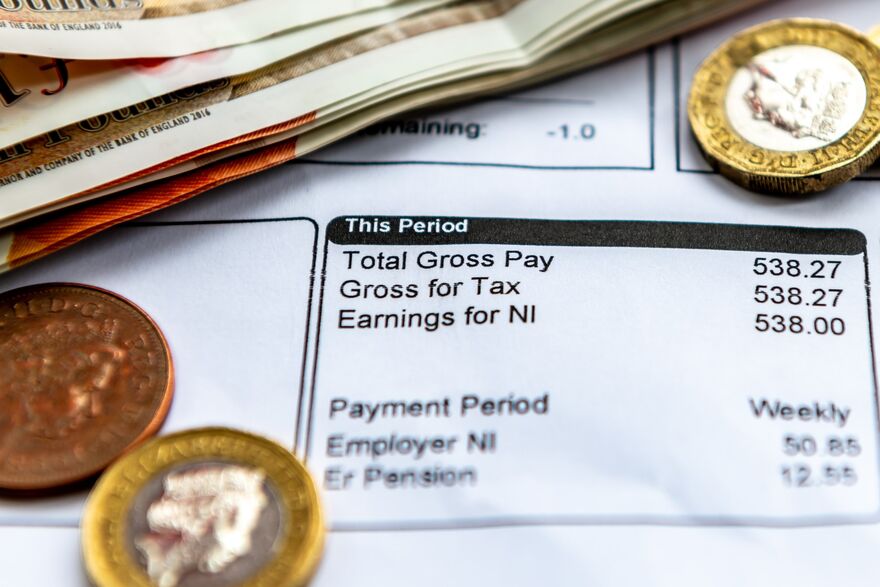National Minimum Wage Quirk
Many employers won’t be aware of an interesting quirk under the National Minimum Wage Act 1998, which could turn out to be a simple but expensive mistake.
When a person submits a National Minimum Wage claim, they need to calculate the payments they have received (or rather, not received). This may be complex, depending on the nature of their working pattern and the way in which they are paid. As a result, section 10 of the Act gives the person a powerful ‘right to access’ their pay records, which allows them to inspect, examine and copy the records, as well as to be accompanied by another person in doing this.
The employer has 14 days to comply with the person’s request. If the employer fails to comply, this could result in an award of 80 times the current hourly National Minimum Wage rate – at present, this would be £11.44 x 80 = £915.20. As long as the person can show that they made the request (and have proof of delivery), and that they did not receive a response in time, the employer will have no defence. This would cost the employer an extra £915.20 on top of the value of any underpayment under the National Minimum Wage claim.
So, please make sure your business complies with any requests in time and is not liable for this expensive mistake!
The Low Pay Commission has also confirmed how it will respond to its updated remit from the Labour Government – read on for more information…
Low Pay Commission Update
The Low Pay Commission (“LPC”) is an independent public body that advises the Government annually about the National Minimum Wage (“NMW”) and National Living Wage (“NLW”).
In light of the current cost of living crisis, the Government has extended the LPC’s remit so that it must account for this and the ‘expected annual trends in inflation’ up to 2026. The LPC should recommend fair wages for the lowest paid individuals, and set a NLW which should not fall below two-thirds of median hourly earnings.
The LPC has published a Policy Paper, stating that it will use a range of metrics and evidence to measure standards of living. Its current central estimate is that the NLW will need to increase to £12.10 to maintain the ratio of the NLW to the median hourly pay (at two thirds of median earnings). However, its predictions have been difficult due to the earnings growth already seen in 2024, and the LPC had already increased the NLW central estimate to £11.89 in March 2024.
The Policy Paper also sets out the expectation that the gap between the 18 to 20 year old rate and the 18+ rate will close. The Government’s goal is to ensure that ‘all adults’ benefit from a ‘genuine living wage’, with the aim being to ultimately abolish the 18 to 20 year old rate and lower the NLW threshold to 18. However, this will not be an immediate change and the LPC has been given the remit to ‘take steps each year’ to achieve this.
The LPC will continue to collect information and evidence before it submits its recommendations to the Government by the end of October 2024. This will include the LPC’s final central estimate for the NLW, as well as evidence of an assessment of the impacts on business, competitiveness, the labour market and the wider economy. If accepted, the LPC’s recommendations will come into effect in April 2025.
Simon deMaid comments:
Employers should keep an eye out for any requests to access pay records from any workers (or ex-workers) bringing claims in respect of the National Minimum Wage – they will need to act fast to avoid this additional liability. We will also send a further update once we have the Low Pay Commission’s recommendations on the increases to National Minimum Wage and National Living Wage rates (expected later this year).
If you have any questions on in respect of National Minimum Wage, please contact a member of the team here.
The information on this site about legal matters is provided as a general guide only. Although we try to ensure that all of the information on this site is accurate and up to date, this cannot be guaranteed. The information on this site should not be relied upon or construed as constituting legal advice and Howes Percival LLP disclaims liability in relation to its use. You should seek appropriate legal advice before taking or refraining from taking any action.

